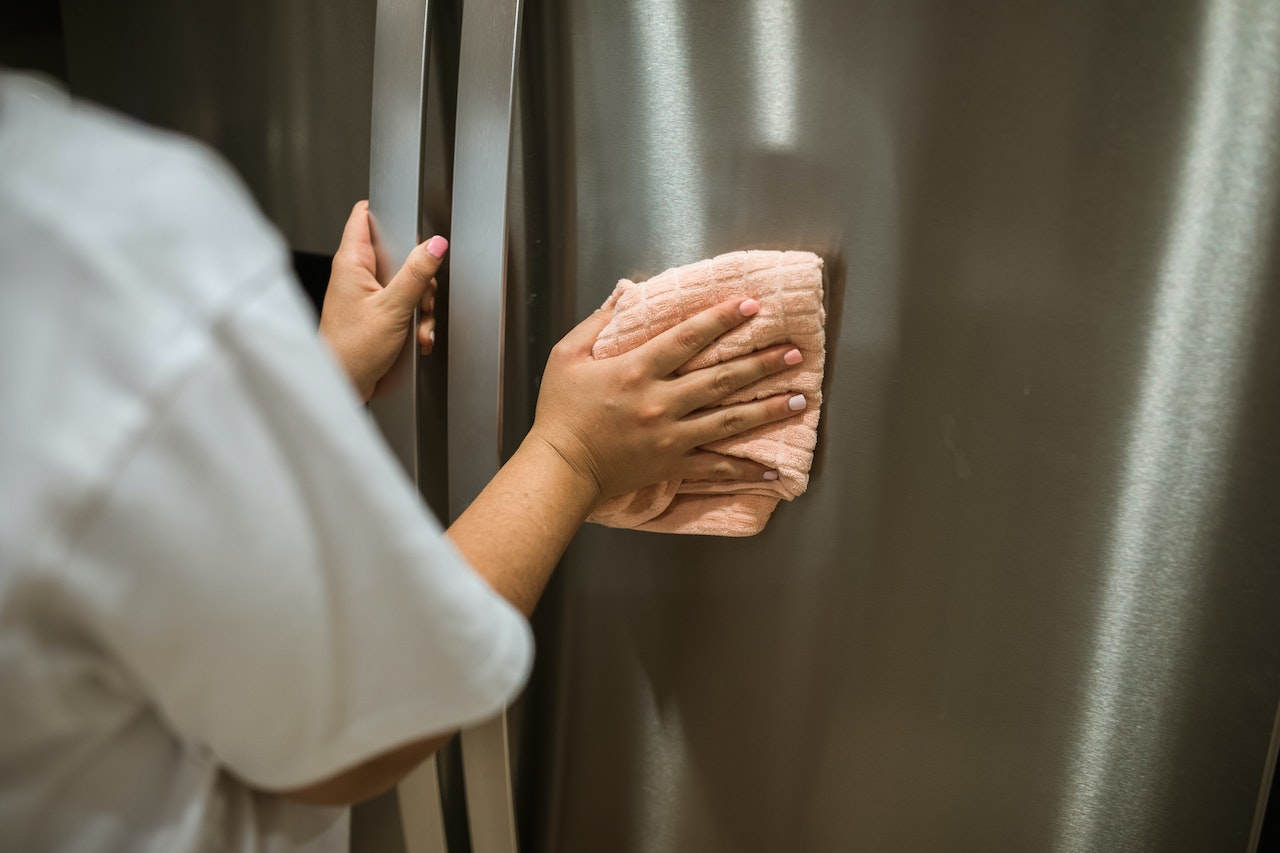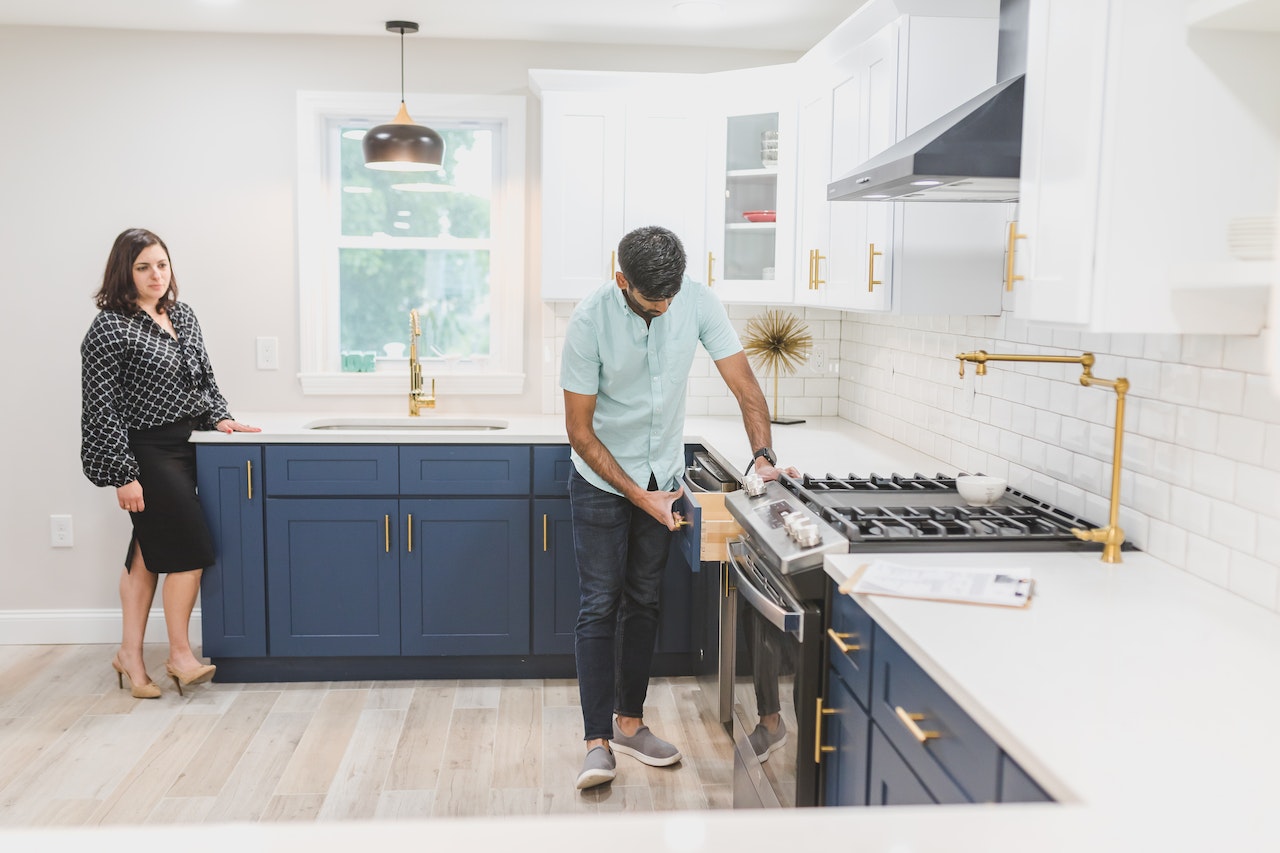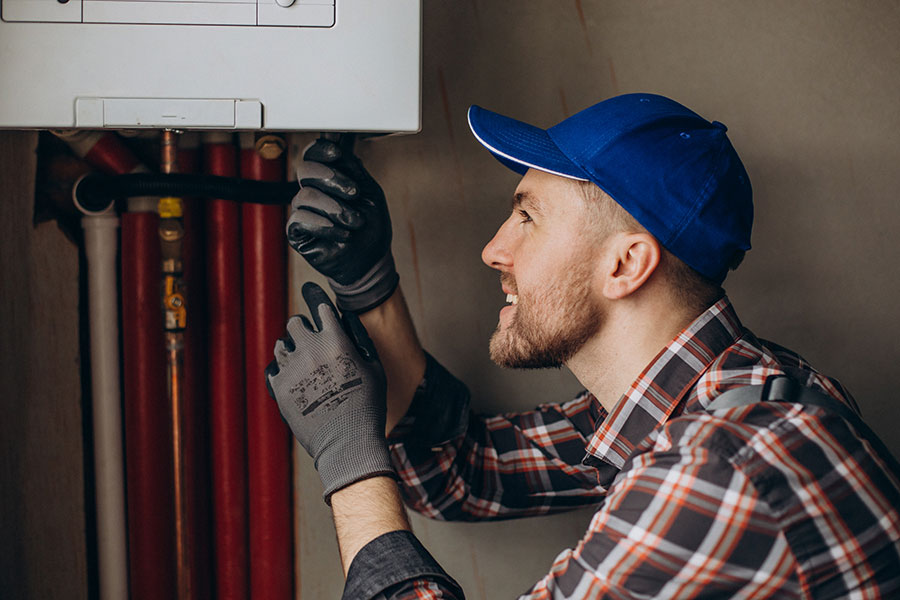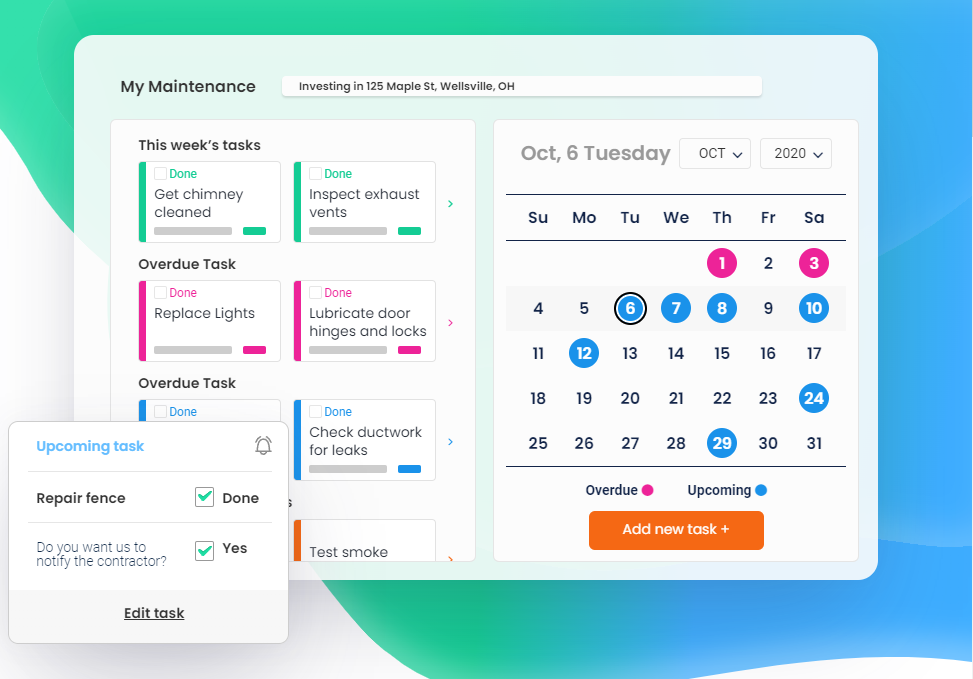A homeowner’s guide on how to inspect kitchen appliances
Updated Wed, Oct 11, 2023 - 6 min read
Top blog articles
Inspecting kitchen appliances from time to time is not just a matter of convenience. It’s also crucial for your home’s safety, energy efficiency, cost savings, and the overall quality of life. Regular inspections and home maintenance can help you avoid unexpected problems and ensure that your kitchen remains a functional and safe space for you and your family members.
What are some warning signs that your home appliances are on their way out
Monitoring any warning signs and addressing issues promptly can help prevent costly repairs or replacements and ensure the continued functionality and safety of your household appliances. Keep in mind that warning signs of appliances failing vary depending on the type of appliance.
Washing machine and dryer
- Water leakage.
- Rattling sound from the dryer.
- Improper water drainage.
- Clothes remain wet after drying.
- Smoke coming from the dryer, which should prompt an immediate professional inspection to prevent potential fire hazards.
Read more: How to clean a dryer vent
Refrigerator

- Unusual noises.
- Inadequate cooling or excessive freezing.
- Water leaks.
- Defrosting frozen foods or moisture accumulation inside the fridge, indicating cooling system issues.
Electric and microwave oven
- Food not heating properly.
- Increased cooking time for baked foods.
- Non-functional internal light or display.
- Darkened oven elements.
- Burning smells.
- Malfunctioning timer.
Electric stove

- Failure to turn on.
- Unheated coils.
- Sparks upon activation.
- Inability to adjust burner temperatures.
Read more: Importance of electrical maintenance
Gas stove
- Failure to turn on.
- Non-functional control panels.
- Burners not heating correctly.
- Smell of gas, which should be addressed promptly due to safety concerns.
Air conditioning units
- Reduced airflow.
- Unusual noises or odors.
- Water spray.
Dishwasher
- Errors displayed on control panels.
- Water leaks.
- Steam emission, potentially indicating issues with the door seal or other underlying problems.
Water heater

- Water leaks.
- Noises.
- Inconsistent appliance operation.
How do you choose the right kitchen appliances?
Selecting the right kitchen appliances is a crucial step in designing an efficient and well organized kitchen. Taking the time to research and make informed choices will help you create a kitchen that is not only visually appealing but also highly functional.
Determine your needs
Start by assessing your cooking habits and lifestyle. What appliances are essential for your daily routines? Consider factors such as family size, cooking frequency, and the types of dishes you prepare.
Set a budget for your appliances

Establish a budget for your kitchen appliances. While it’s tempting to splurge on high-end models with advanced features, it’s essential to strike a balance between your desires and financial constraints. Allocate your budget wisely, focusing on appliances that you use most frequently.
Consider your kitchen layout
Take your kitchen’s layout and size into account. Ensure that appliances fit comfortably within the available space. Also make sure that the finish complements the overall kitchen design, color scheme, and aesthetics. For small kitchens, consider space-saving, compact appliances.
Focus on energy efficiency
Evaluate the features and technology offered by each appliance. Opt for energy-efficient appliances to save on utility bills and reduce your environmental footprint. Look for appliances with ENERGY STAR certification, which signifies higher energy efficiency and reduced energy consumption.
Read all online reviews and research
Customer reviews and expert opinions can provide insights into the performance, durability, and reliability of specific appliance brands and models. Pay attention to user feedback regarding ease of use, maintenance, and any potential issues. Generally, well-established and reputable appliance brands are known for quality and reliability. And, they often offer better warranties as well as customer support – ensuring peace of mind in case of any issues.
Keep appliance maintenance in mind
Assess the durability and ease of maintenance of the appliances you’re considering. Appliances are long-term investments, so choose models that are built to withstand regular use and are easy to clean and maintain.
Is there a checklist to inspect your home appliances?
You can follow the following steps to ensure that your appliances remain in top shape
- Examine the refrigerator for damaged drawers, doors, and shelves. Make sure the handles are securely fastened. Also, verify the proper functioning of ice and water dispensers.
- Inspect the coils situated behind the refrigerator, clean them, and clear the area beneath and around the fridge.
- Scrutinize the stove, oven, range, burners, and microwave for any signs of wear and tear. Test all burners and the oven to ensure they are working correctly. Make sure the heating elements are working properly.
- Check all plumbing connections leading to the appliances for leaks or damage.
- Maintain air conditioning units, clean air filters regularly, cover the unit when not in use to prevent dust accumulation.
- Ensure that the drain and catch basin at the dishwasher’s bottom are clean and free from obstructions. Run a brief test cycle to confirm proper heating and to check for any leaks from the door.
- Check proper functioning of the food waste disposal system.
- Examine all child safety mechanisms to ensure they are properly installed and operational.
- Inspect the area under the sink for any signs of leaks or damage that may necessitate repairs.
- Examine and clean the kitchen thoroughly, including areas under and behind the built in appliances, inside cabinets, and along the floor, for signs of pests that may require attention.
Read more: A handy home maintenance checklist for you
Kukun My Maintenance to the rescue

Home maintenance need not be an overwhelming chore. All you have to do is organize your routine home tasks. Kukun My Maintenance helps homeowners do just that. You can schedule these tasks on a personalized calendar. For instance, you can choose the task “Inspect kitchen fixtures” and add it to your to-do list. You will get timely reminders to complete the task before and on the due date. What’s more, you can even get in touch with your preferred service providers when the time comes. This way, the upkeep of your home remains your top priority.
FAQs
Does a home inspector check appliances?
A standard home inspection includes inspecting appliances such as built-in microwaves, dishwashers, garbage disposals, ovens/stoves, and kitchen range hood. Home inspectors will turn all of these on to see they are functioning properly. Or, to identify common appliance defects.
How often should I clean my kitchen appliances?
The frequency of cleaning depends on the appliance operation. Certain frequently used appliances such as the dishwasher and oven may require thorough cleaning periodically.
How can I improve the lifespan of my kitchen appliances?
Regular cleaning, proper maintenance, using appliances according to their guidelines, and addressing issues promptly can contribute to a longer lifespan.









